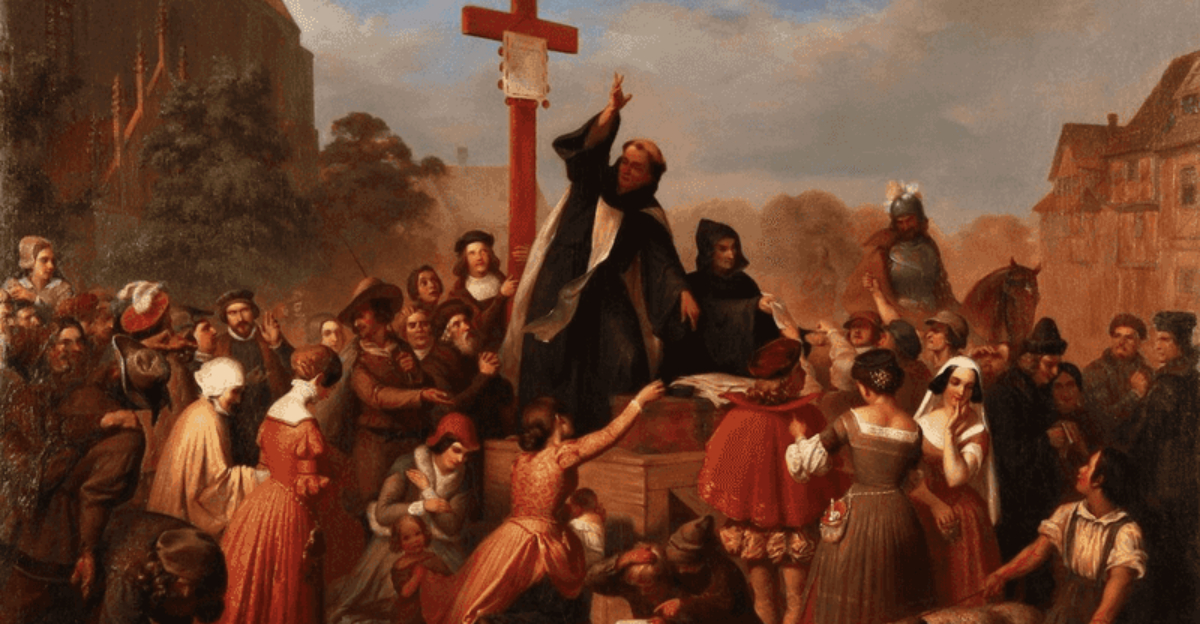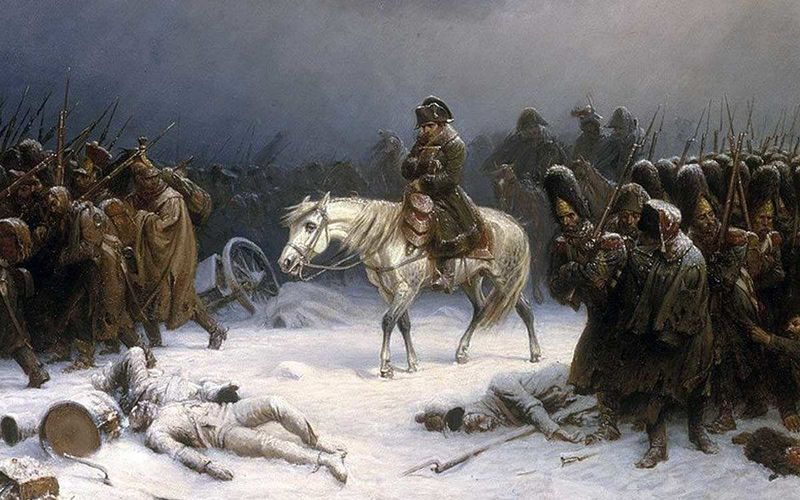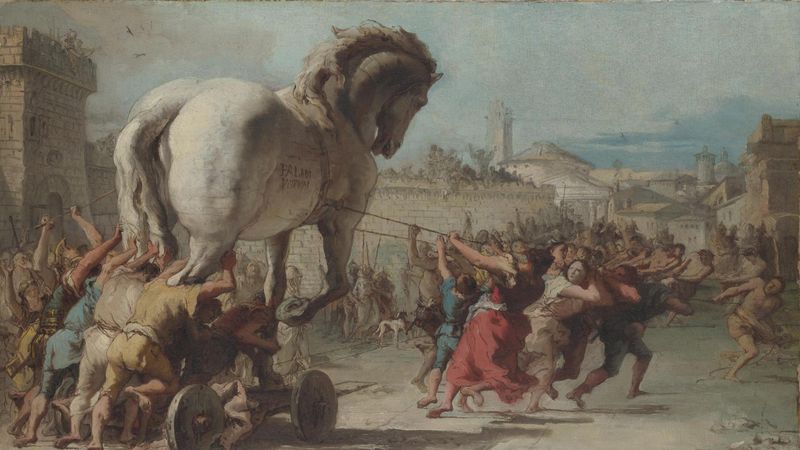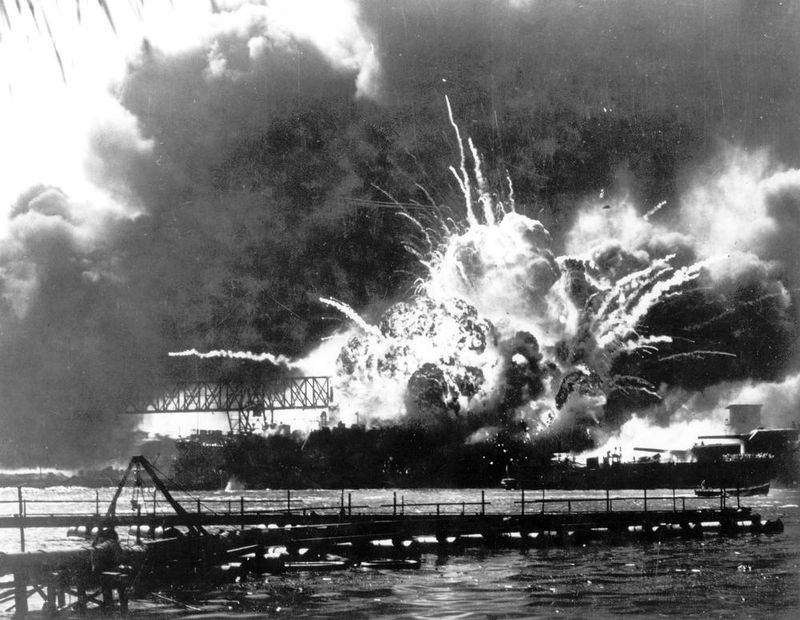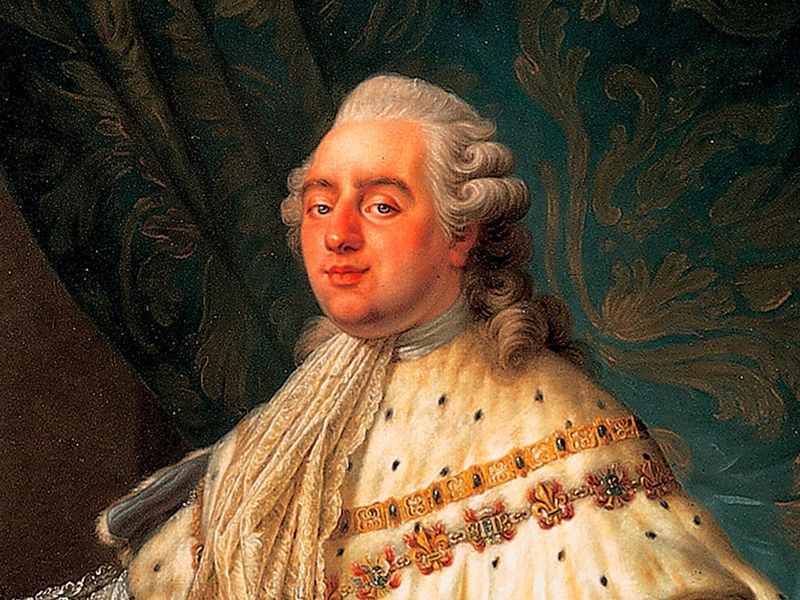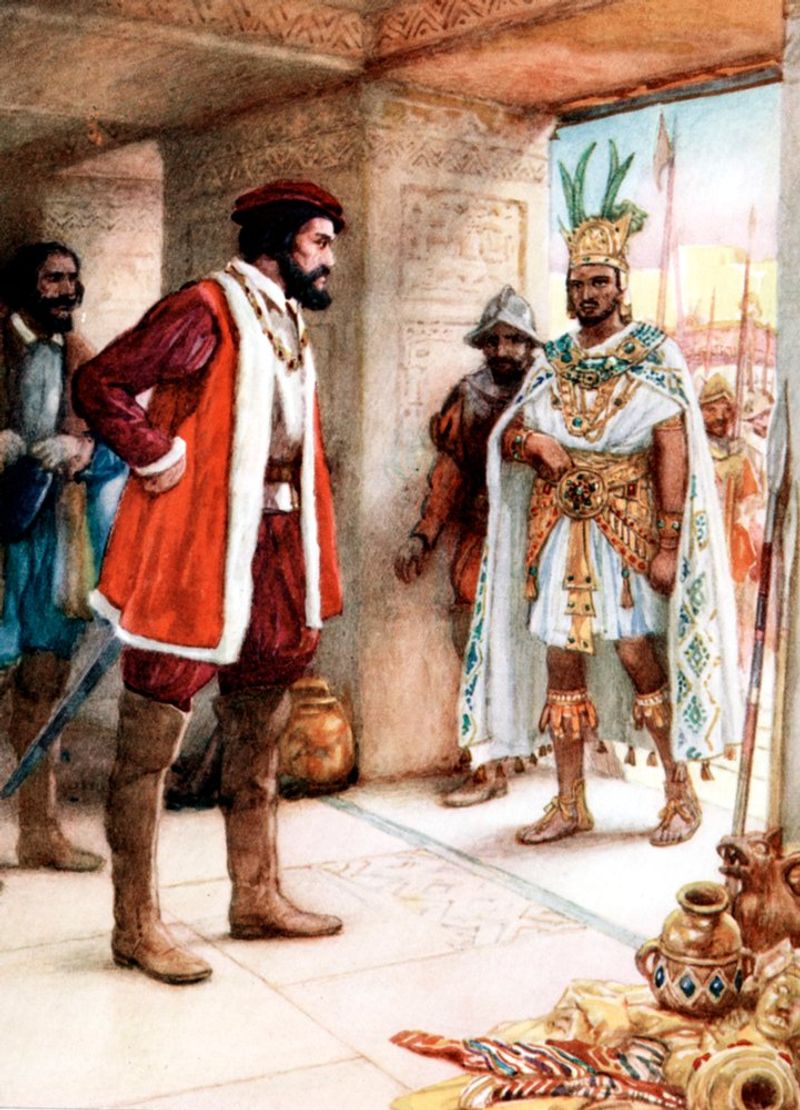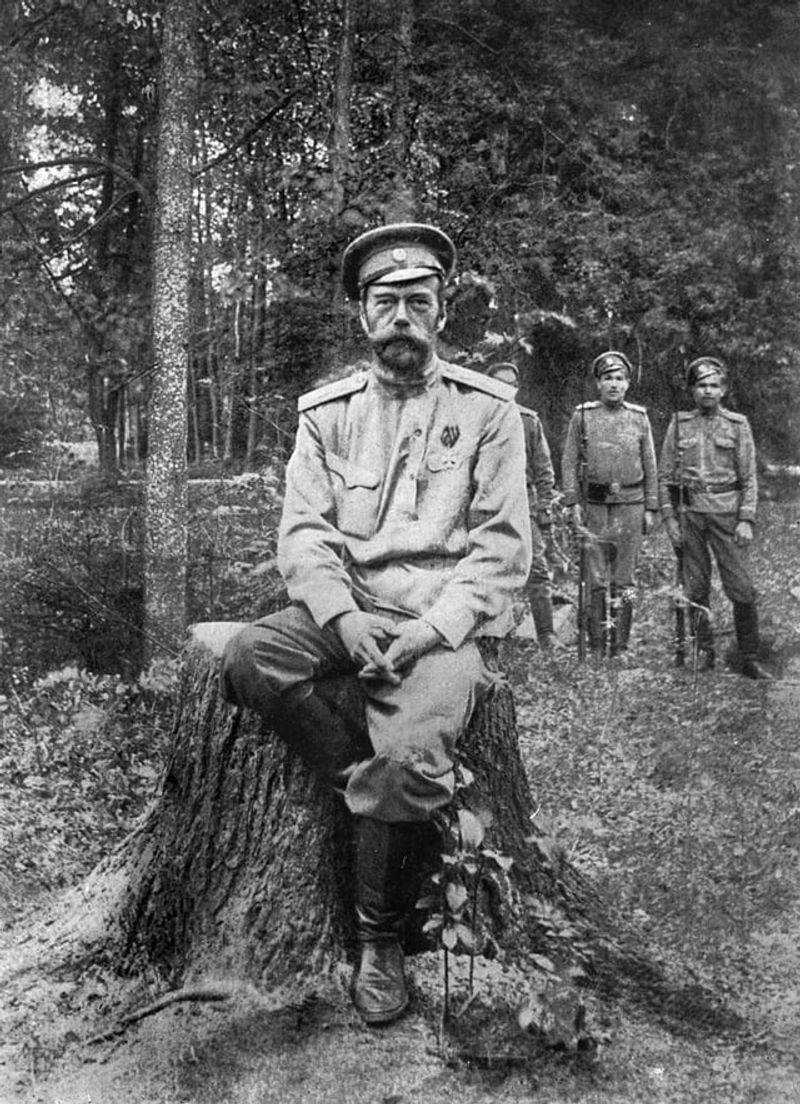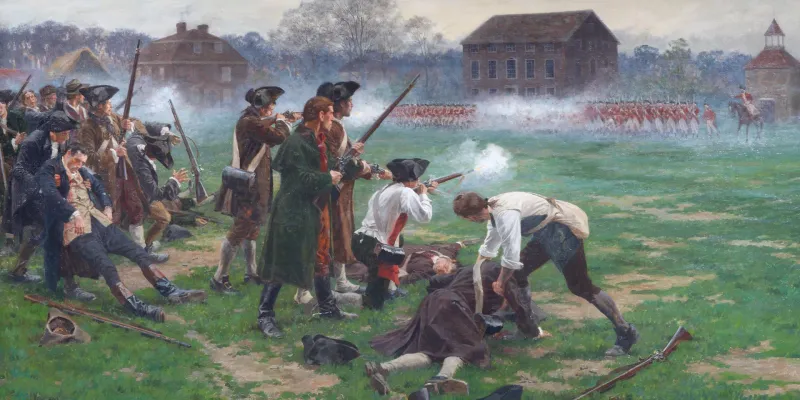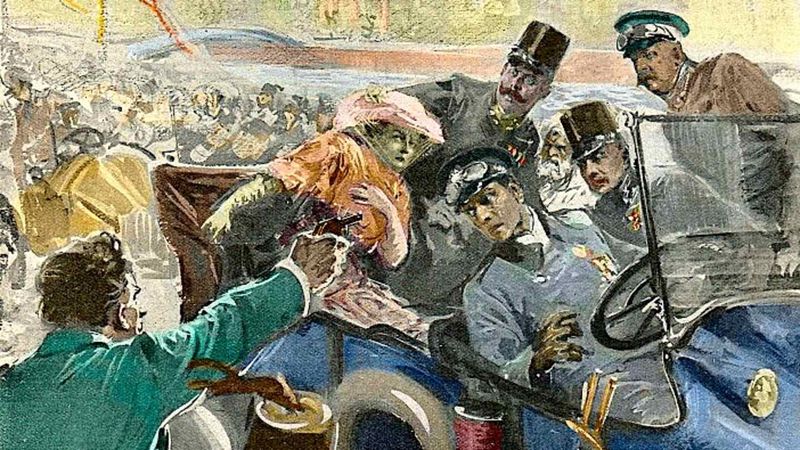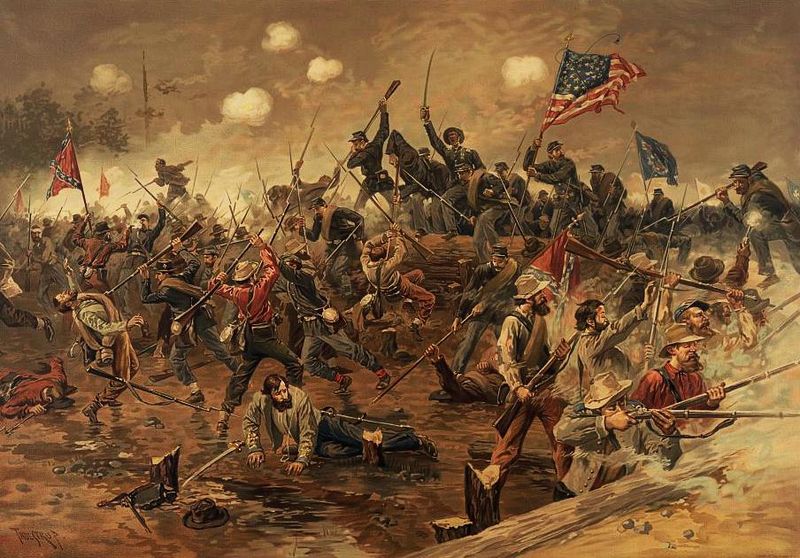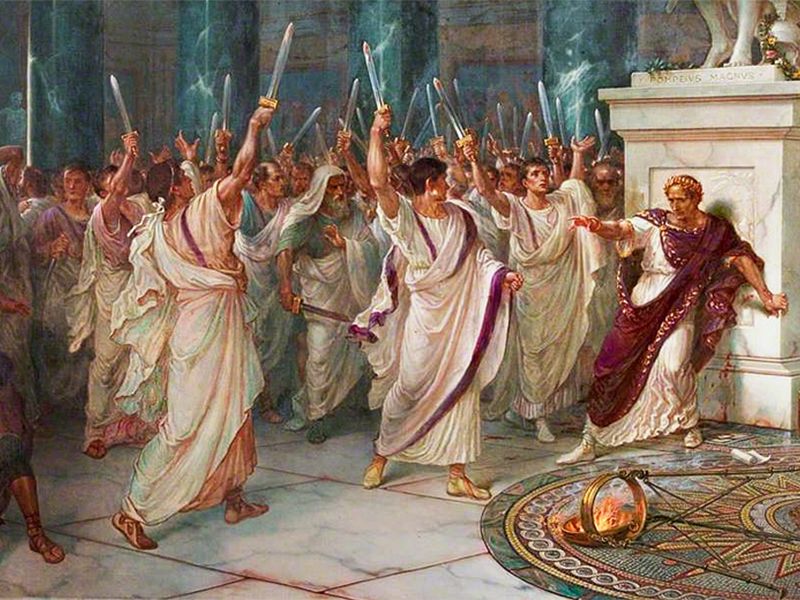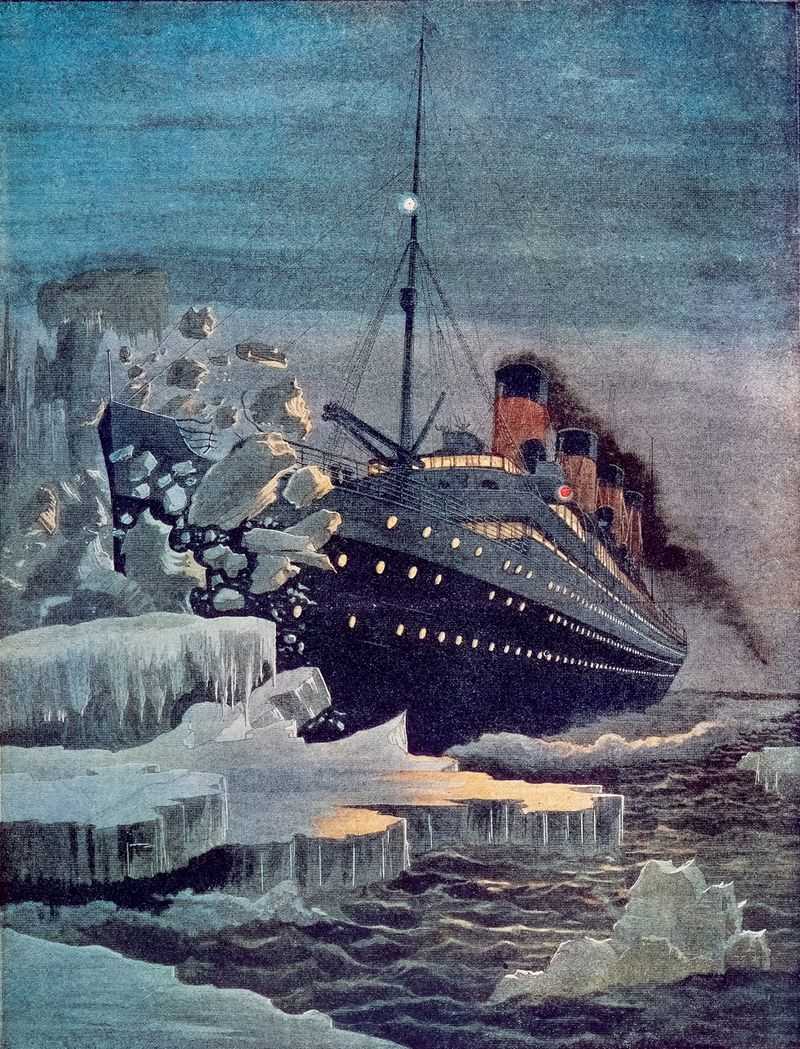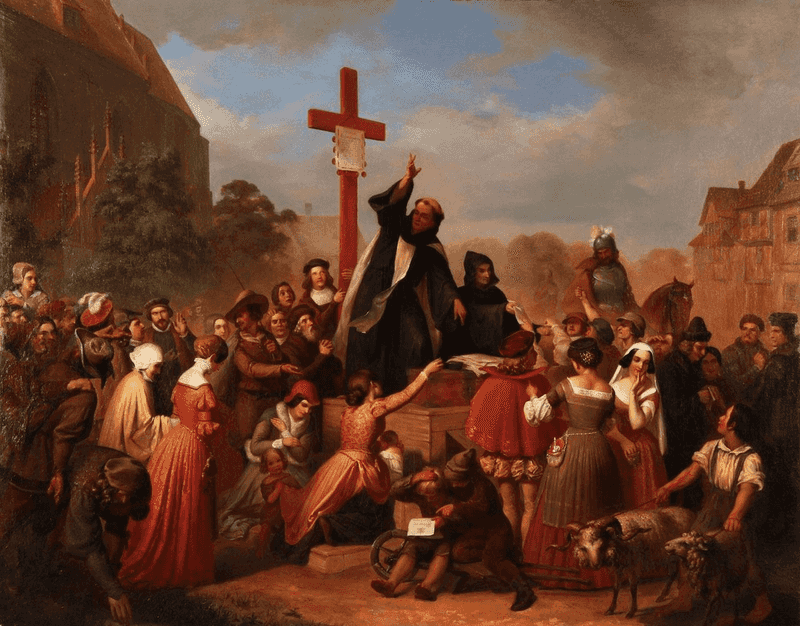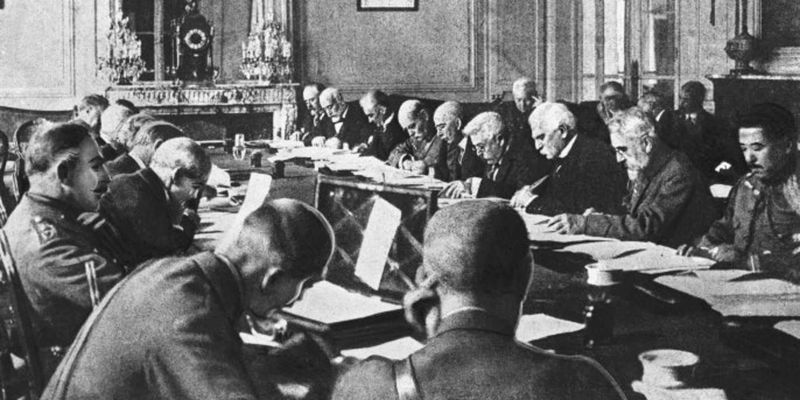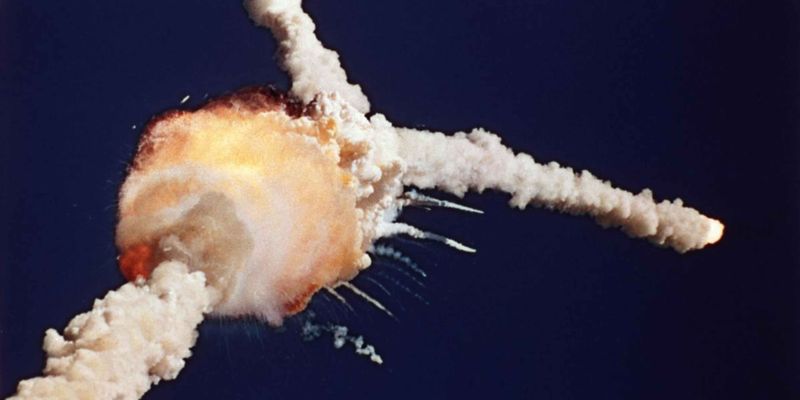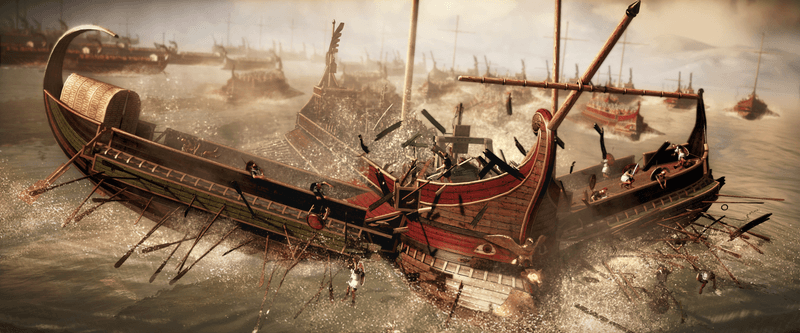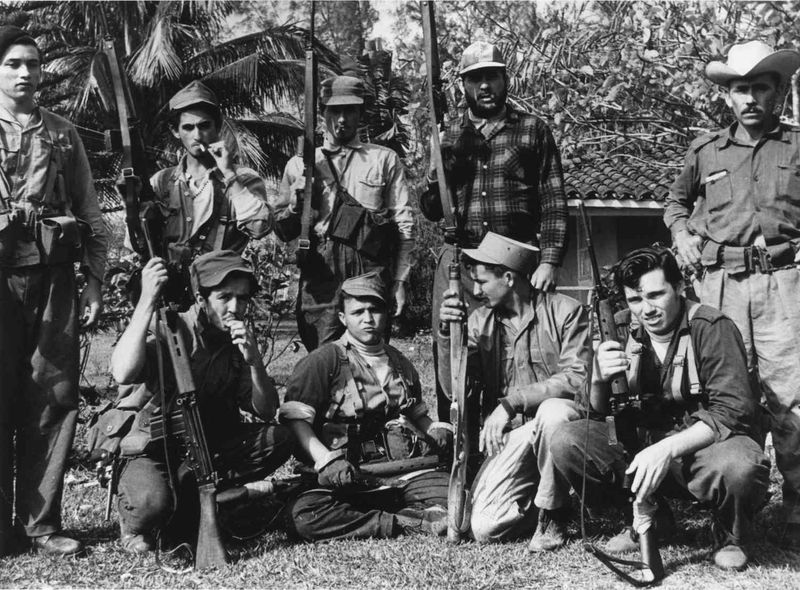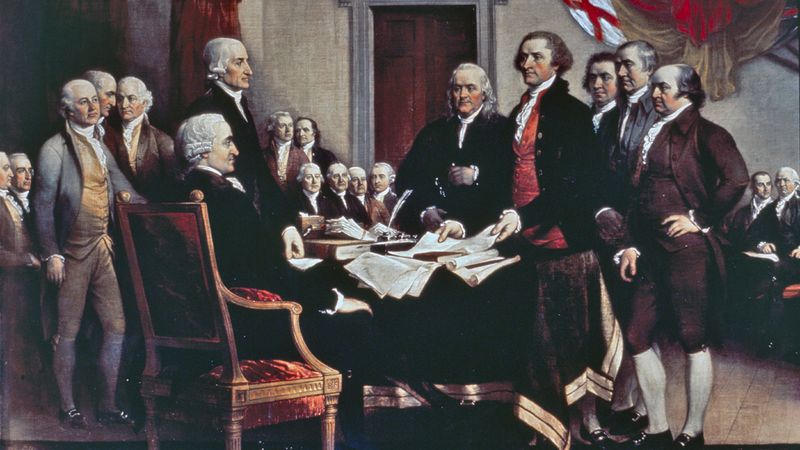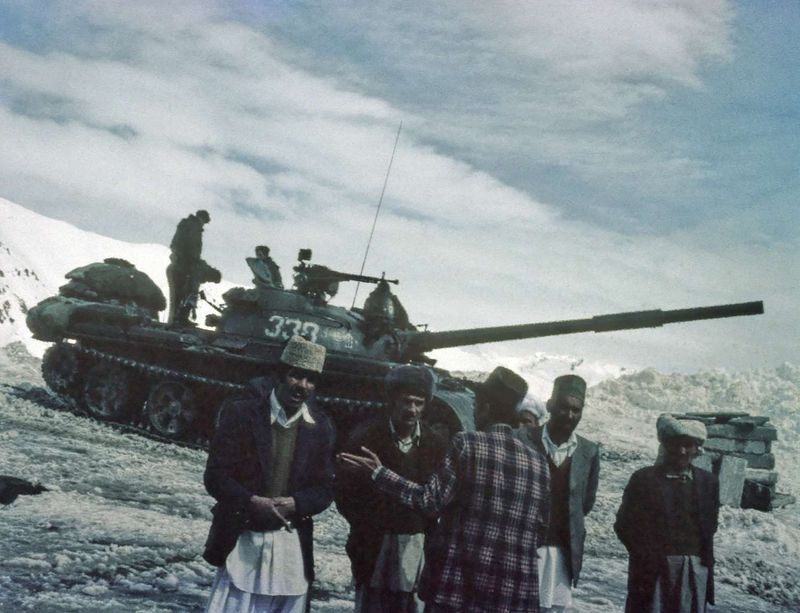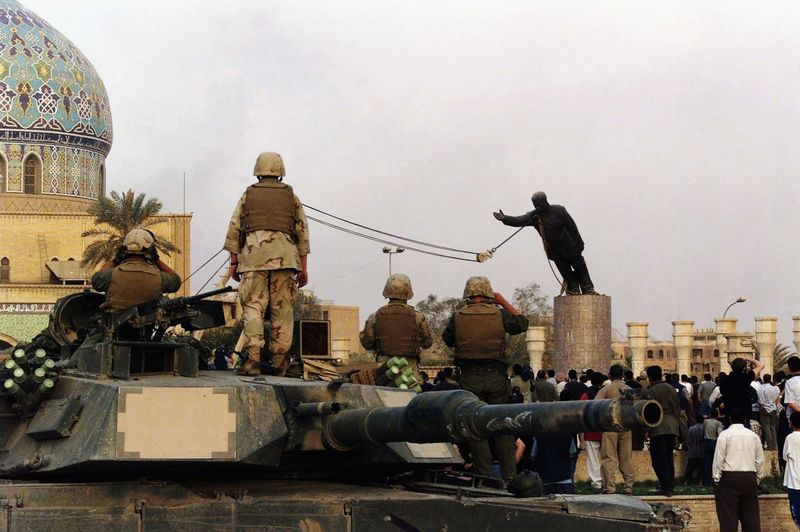Throughout history, even the most powerful leaders have made catastrophic mistakes that changed the world forever. From military disasters to political misjudgments, these errors have toppled empires, sparked wars, and cost millions of lives. Looking back at these blunders helps us understand how single decisions can alter the course of human events in ways nobody could have imagined.
1. Napoleon Invading Russia (1812)
Napoleon Bonaparte’s fateful decision to invade Russia stands as one of military history’s greatest blunders. The French Emperor led over 600,000 troops eastward, confident in his unbroken string of victories across Europe. As winter approached, Russian forces retreated, burning their own lands and leaving nothing for the French army to eat or use for shelter. Temperatures plummeted to -40 degrees, freezing soldiers where they stood. When Napoleon finally ordered retreat, only about 100,000 men survived the catastrophe. This devastating loss of manpower crippled French military might, leading directly to Napoleon’s downfall and exile just two years later.
2. Hitler Invading the Soviet Union (1941)
Adolf Hitler’s Operation Barbarossa marked perhaps the most devastating strategic error of World War II. Despite having a non-aggression pact with Stalin, Hitler launched 3 million German troops into Soviet territory in June 1941. Early victories gave way to the same nightmare Napoleon had faced: brutal Russian winter, stretched supply lines, and fierce resistance. Soviet factories relocated beyond the Ural Mountains churned out tanks and weapons beyond Germany’s capacity to match. The Eastern Front became a meat grinder consuming German resources and manpower. This colossal miscalculation forced Hitler to fight on two fronts, ultimately sealing Nazi Germany’s fate and leading to its total defeat.
3. The Trojans Accepting the “Gift” of the Trojan Horse
After enduring a decade-long Greek siege, the citizens of Troy woke one morning to find their enemies apparently gone and a massive wooden horse left behind. Despite warnings from the priest Laocoön to “beware Greeks bearing gifts,” the Trojans celebrated victory and wheeled the structure inside their impenetrable walls. That night, Greek soldiers hidden inside the horse emerged, opened the city gates, and let their waiting army in. The result was complete devastation. While historians debate whether the Trojan War actually happened as described in Homer’s Iliad, this legendary blunder has become the ultimate symbol of fatal gullibility and the dangers of accepting enemies’ offerings without question.
4. Emperor Hirohito’s Japan Attacking Pearl Harbor (1941)
Admiral Isoroku Yamamoto planned the surprise attack on Pearl Harbor with brilliant tactical precision. Japanese planes sank or damaged 21 American vessels and destroyed nearly 200 aircraft in just 90 minutes. Yet strategically, this proved Japan’s greatest mistake. Instead of demoralizing America, the attack united a previously divided nation in fury. “Remember Pearl Harbor” became a rallying cry as industrial might shifted to war production. The sleeping giant that Japan awakened eventually developed atomic weapons, leading to devastating bombings of Hiroshima and Nagasaki. What Japanese leaders hoped would prevent American interference in their Asian conquests instead guaranteed their total defeat and occupation.
5. King Louis XVI Ignoring France’s Financial Crisis (1780s)
King Louis XVI inherited a France drowning in debt from costly wars. While aristocrats maintained lavish lifestyles exempt from taxation, ordinary French citizens starved under crushing financial burdens. Rather than embracing necessary reforms, Louis and his Austrian-born queen Marie Antoinette continued extravagant spending at Versailles. When bread shortages hit Paris, Marie allegedly responded, “Let them eat cake” (though historians doubt she actually said this). The king’s refusal to address mounting economic problems pushed desperate citizens toward revolution. By 1789, the Bastille had fallen, and by 1793, both Louis and Marie faced the guillotine—their heads rolling before cheering crowds as France violently transformed from monarchy to republic.
6. The Aztecs Welcoming Cortés as a God (1519)
When Spanish conquistador Hernán Cortés landed on Mexico’s coast, Aztec Emperor Moctezuma II faced a terrible dilemma. Ancient prophecies spoke of the god Quetzalcoatl returning from the east—exactly where these strange pale men with beards had appeared. Moctezuma hesitated, sending gifts of gold that only inflamed Spanish greed. He eventually welcomed Cortés into Tenochtitlan, the magnificent Aztec capital built on an island in Lake Texcoco. This fatal mistake allowed Cortés to take the emperor hostage and eventually overthrow the entire empire. With just 600 men, plus native allies who resented Aztec rule, Cortés conquered a civilization of millions, forever changing Mesoamerican history and beginning centuries of Spanish colonial domination.
7. Czar Nicholas II Leading Russia Into WWI (1914)
Czar Nicholas II, Russia’s last emperor, fatally underestimated the costs of entering World War I. His military was poorly equipped and badly led, resulting in devastating losses against German forces. As casualties mounted into the millions, Nicholas made the disastrous decision to personally take command at the front, leaving his unpopular German-born wife Alexandra and the mysterious monk Rasputin effectively in charge back home. Food shortages and economic collapse followed. By 1917, hungry soldiers and workers had enough. The February Revolution forced Nicholas to abdicate, and the October Revolution brought Lenin’s Bolsheviks to power. The czar and his entire family were executed in 1918, ending the 300-year Romanov dynasty.
8. The British Underestimating the American Colonists (1775)
King George III and Parliament believed they could easily crush colonial rebellion through military might. After all, Britain possessed the world’s strongest army and navy, while American forces consisted largely of untrained farmers and merchants. British leaders failed to understand the colonists’ determination or the logistical challenges of fighting 3,000 miles from home. They also never expected France, Spain, and the Netherlands to support American independence. This spectacular misjudgment cost Britain its most valuable overseas possession. The American Revolution established a new nation founded on revolutionary principles of liberty and self-government, fundamentally weakening the British Empire while creating what would eventually become the world’s leading superpower.
9. Archduke Franz Ferdinand’s Driver Taking a Wrong Turn (1914)
Sometimes world history hinges on tiny mistakes. After surviving an earlier assassination attempt in Sarajevo, Archduke Franz Ferdinand’s driver made a wrong turn, accidentally bringing the royal car directly in front of Gavrilo Princip, a Serbian nationalist. Princip couldn’t believe his luck. The 19-year-old assassin fired twice, killing both Ferdinand and his wife Sophie. The driver’s navigational error had delivered the heir to the Austro-Hungarian Empire straight to his killer. This seemingly minor mistake triggered a chain reaction of alliances and declarations of war. Within weeks, Europe plunged into World War I, resulting in 20 million deaths and completely reshaping the global order.
10. The South Seceding from the U.S. (1861)
Southern leaders convinced themselves they could successfully break away from the Union to preserve slavery. They believed their cotton exports would force European recognition and that Northerners lacked the will to fight. Both assumptions proved catastrophically wrong. The North possessed vastly superior industrial capacity, railway networks, and population. President Lincoln demonstrated unwavering determination to preserve the Union at all costs. The resulting Civil War killed over 600,000 Americans—more than all other U.S. wars combined until Vietnam. Southern states emerged economically devastated, with plantations destroyed and infrastructure in ruins. The very institution they sought to protect—slavery—was permanently abolished, transforming American society forever.
11. The Roman Senate Underestimating Caesar’s Ambition (44 BC)
Julius Caesar’s military victories in Gaul made him immensely popular with common Romans but increasingly threatening to the Senate. Rather than accommodating his political ambitions, senators declared him a public enemy when he crossed the Rubicon River with his loyal legions. After defeating his rivals in civil war, Caesar showed mercy to his enemies and accepted the title of dictator. The Senate’s fear of his growing power led to his assassination on the Ides of March, 44 BC. Instead of restoring the Republic as intended, Caesar’s murder triggered another devastating civil war. His adopted son Octavian (later Augustus) emerged victorious, establishing the very imperial system the assassins had feared, ending 500 years of republican government.
12. The Titanic’s Captain Ignoring Ice Warnings (1912)
Captain Edward Smith, commanding the world’s largest and supposedly unsinkable ship on her maiden voyage, received at least six ice warnings on April 14, 1912. Despite these alerts, he maintained the Titanic’s high speed of 22 knots through dangerous waters. The White Star Line wanted to set a transatlantic speed record. Smith, with 40 years of experience, fatally prioritized schedule over safety, never ordering reduced speed or posting extra lookouts. When lookouts finally spotted an iceberg directly ahead, it was too late to avoid collision. The ship’s inadequate lifeboats could save only about half the 2,200 passengers and crew. This tragedy led to major reforms in maritime safety regulations worldwide.
13. The Catholic Church Selling Indulgences (1500s)
Medieval Catholic doctrine held that sinners faced punishment in purgatory before entering heaven. By the early 1500s, the Church had begun aggressively selling “indulgences”—documents supposedly reducing time in purgatory for oneself or loved ones. Johann Tetzel, a Dominican friar, famously promised, “As soon as the coin in the coffer rings, the soul from purgatory springs.” This commercialization of salvation outraged a German monk named Martin Luther. Luther’s 95 Theses attacking indulgences spread rapidly thanks to the newly invented printing press. What began as criticism of a corrupt practice snowballed into the Protestant Reformation, permanently splintering Western Christianity and changing European politics, culture, and society forever.
14. Woodrow Wilson’s Harsh Treaty of Versailles (1919)
After World War I ended, U.S. President Woodrow Wilson arrived in Paris with his idealistic “Fourteen Points” for a just peace. However, French and British leaders, whose countries had suffered enormously, demanded harsh punishment for Germany. The resulting Treaty of Versailles forced Germany to accept full blame for the war, surrender territory, disarm, and pay crippling reparations. Economic collapse and hyperinflation followed, with Germans needing wheelbarrows of worthless money to buy bread. This humiliation created perfect conditions for extremist politics. Adolf Hitler exploited German resentment, promising to tear up the “dictated peace” and restore national pride. Within 20 years, Europe was plunged into an even deadlier war.
15. The Challenger Launch Despite Warnings (1986)
On January 28, 1986, NASA managers faced intense pressure to launch the space shuttle Challenger after multiple delays. Engineers from Morton Thiokol, the company that built the rocket boosters, strongly objected due to unusually cold Florida temperatures. They warned that rubber O-rings sealing the booster segments could fail in cold weather. NASA officials, focused on maintaining their launch schedule, overruled these concerns. Just 73 seconds after liftoff, an O-ring failure caused a catastrophic explosion, killing all seven crew members including teacher Christa McAuliffe. Subsequent investigation revealed a culture where schedule pressure trumped safety considerations, fundamentally changing NASA’s approach to risk management forever.
16. Xerxes I Invading Greece (480 BC)
Persian Emperor Xerxes I assembled the largest invasion force the ancient world had ever seen—reportedly over 100,000 men and 600 ships. His goal was to punish Athens and Sparta for supporting earlier rebellions against Persian rule. After the famous last stand of 300 Spartans at Thermopylae, Xerxes captured and burned Athens. Victory seemed certain for the mighty Persian Empire. Then came the naval battle at Salamis, where Greek triremes outmaneuvered the larger Persian fleet in narrow waters. This shocking defeat forced Xerxes to retreat with much of his navy destroyed. The following year, his remaining army was crushed at Plataea, ending Persian ambitions in Europe and allowing Classical Greek civilization to flourish.
17. The Bay of Pigs Invasion (1961)
Just three months into his presidency, John F. Kennedy approved a CIA plan to overthrow Fidel Castro using Cuban exiles trained in Guatemala. The operation was riddled with flaws from the start. Kennedy canceled crucial air support at the last minute, fearing Soviet reaction. When 1,400 exile fighters landed at Cuba’s Bay of Pigs, they found Castro’s forces waiting for them. Within three days, over 100 invaders were killed and nearly 1,200 captured. This humiliating failure strengthened Castro’s position, pushed Cuba closer to the Soviet Union, and led directly to the Cuban Missile Crisis. Kennedy took full responsibility, famously noting, “Victory has a hundred fathers, but defeat is an orphan.”
18. The British Losing the American Colonies (1776)
Following the expensive Seven Years’ War, Britain imposed new taxes on American colonists without giving them representation in Parliament. The Stamp Act, Townshend Acts, and Tea Act sparked growing colonial resistance. Rather than addressing legitimate grievances, King George III and his ministers responded with punitive measures like the Intolerable Acts. Their inflexibility transformed a tax dispute into a full-blown independence movement. The Declaration of Independence in 1776 led to an eight-year war that Britain ultimately lost, despite its military advantages. This first successful colonial revolution inspired independence movements worldwide and began the gradual decline of the British Empire, while establishing a new democratic experiment that would eventually become the world’s leading power.
19. The Soviet Union Invading Afghanistan (1979)
When the USSR sent troops into Afghanistan in December 1979, Soviet leaders expected a quick operation to prop up a friendly communist government. Instead, they became trapped in a brutal guerrilla war against determined mujahideen fighters. The mountainous terrain neutralized Soviet military advantages. Meanwhile, the United States, Pakistan, and Saudi Arabia poured billions into arming the Afghan resistance with increasingly sophisticated weapons. After nearly 10 years and 15,000 Soviet deaths, Mikhail Gorbachev finally withdrew troops in 1989. This costly failure accelerated the Soviet Union’s economic decline and collapse. Ironically, the power vacuum left behind eventually gave rise to the Taliban and provided a training ground for Al-Qaeda terrorists.
20. The 2003 U.S. Invasion of Iraq (Bush & Blair’s WMD Claim)
Following the 9/11 attacks, U.S. President George W. Bush and British Prime Minister Tony Blair built a case for invading Iraq based on claims that Saddam Hussein possessed weapons of mass destruction. Despite UN weapons inspectors finding no evidence, coalition forces invaded in March 2003. The initial military victory came quickly, but no WMDs were ever found. Without adequate planning for post-war occupation, Iraq descended into sectarian violence and insurgency. This strategic blunder cost trillions of dollars and thousands of lives while destabilizing the entire region. The power vacuum created ideal conditions for extremist groups, eventually leading to the rise of ISIS and contributing to the Syrian civil war.
